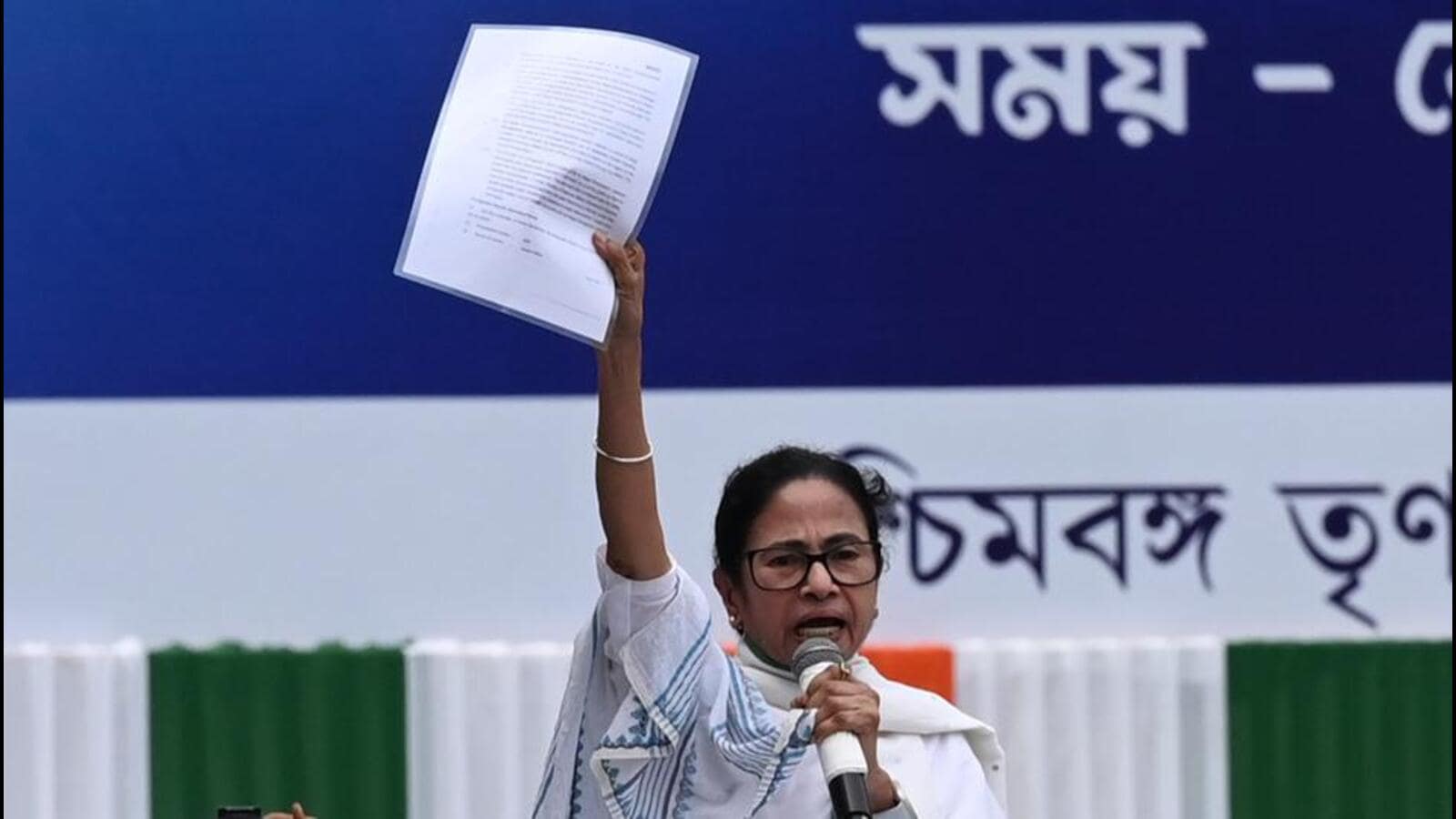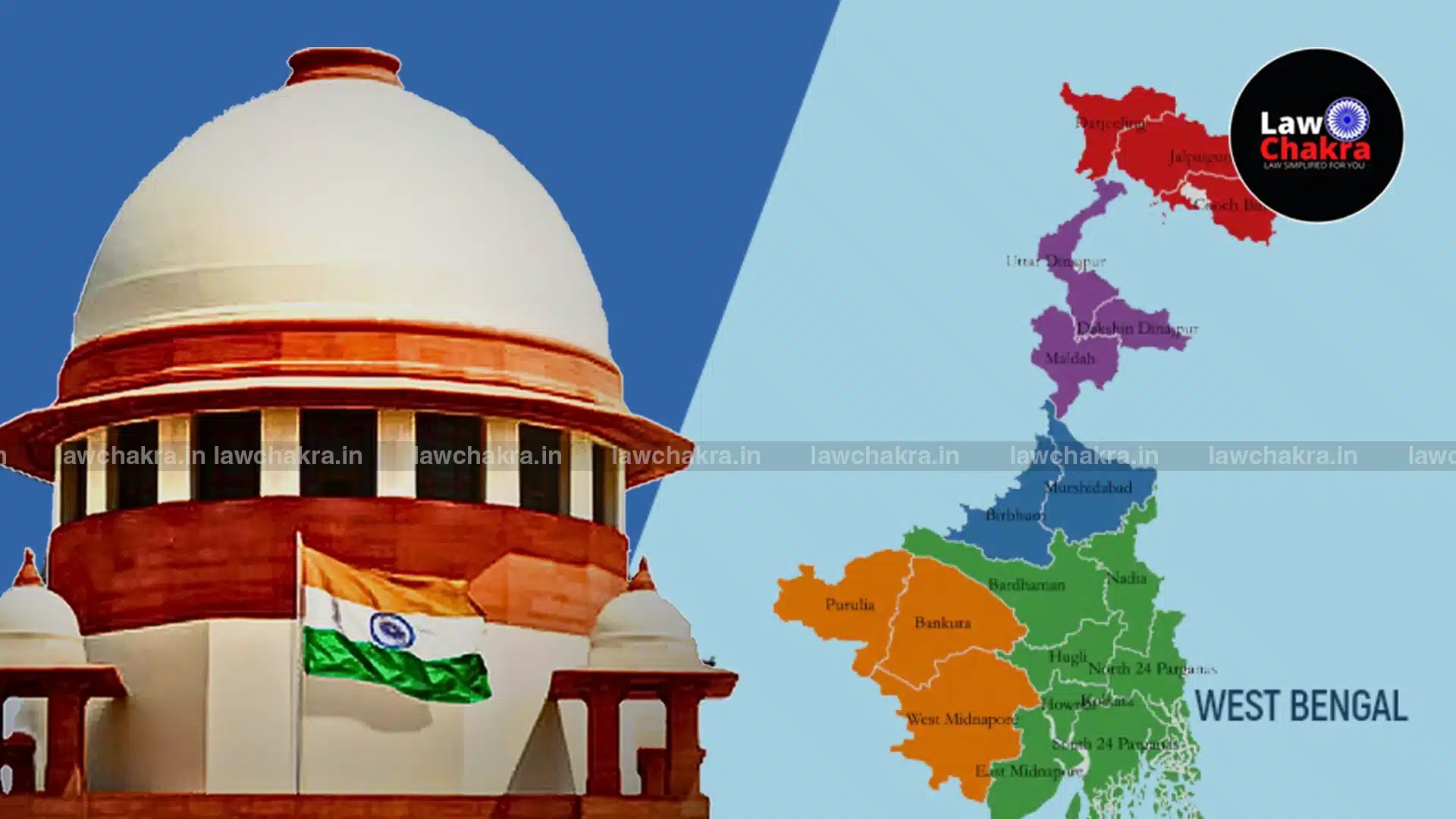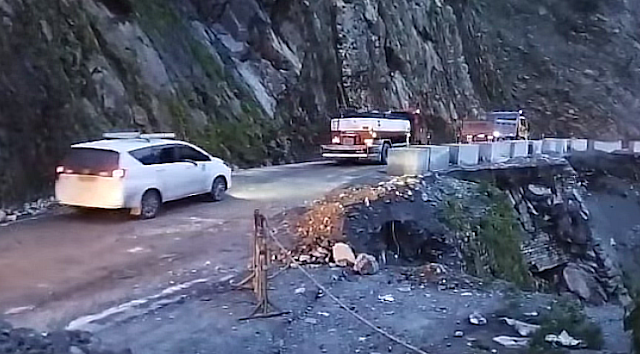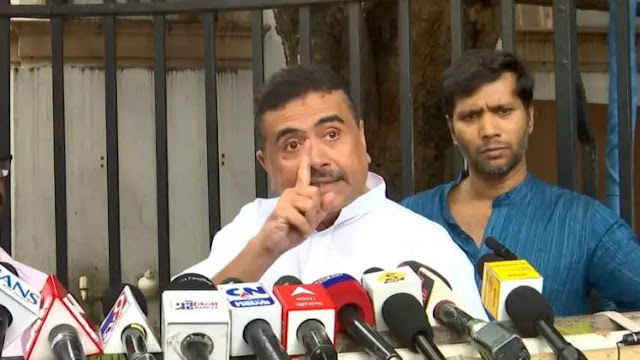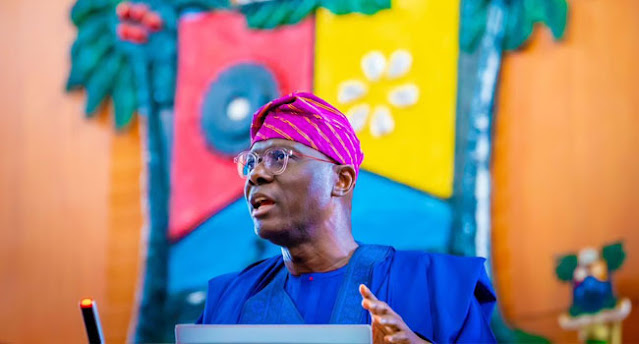Baby Chakraborty, KalimNews, Aug 7, 2025, Kolkata : Chief Minister Mamata Banerjee has intensified her stance on Bengali language issues and migrant workers’ rights, accusing the BJP government of waging a form of ‘terrorism’ against the Bengali language and labeling Bengal’s migrant workers as Bangladeshis. Speaking in Jhargram on Thursday, Banerjee once again raised her voice against the growing atrocities and injustices faced by migrant workers from Bengal in BJP-ruled states, drawing attention to what she calls an orchestrated effort to tarnish the identity of the Bengali-speaking population.
At a rally in Jhargram, Banerjee launched a fresh call for a “new language movement,” following earlier protests in Kolkata and Bolpur, where she voiced similar concerns. These protests, aimed at addressing the alleged victimization of Bengali-speaking migrant workers, culminated in a speech by the Chief Minister at the end of the Jhargram procession. During her address, Banerjee raised a series of allegations, accusing the BJP government of subjecting Bengali-speaking workers to physical abuse and detention under the false pretext that they were illegal Bangladeshi immigrants.
Banerjee went on to claim that her administration had repatriated over 2,000 migrant workers, but many others still remain trapped in detention camps in BJP-ruled states such as Assam, Gurugram, and Rajasthan. She highlighted a particularly disturbing case of a tribal girl from Malda, West Bengal, who was allegedly detained in Madhya Pradesh and subsequently deported to Bangladesh. The Chief Minister denounced such incidents as violations of human rights, asserting that Dalits, in particular, were being disproportionately targeted and mistreated.
In her remarks, Banerjee also lashed out at the Election Commission of India (ECI) over its recent suspension of four state government officials. The suspended officers, including two Electoral Registration Officers (EROs) and two Assistant Electoral Registration Officers (AEROs), were accused of tampering with the voter registration list. In response, Banerjee raised critical questions about the legitimacy of the suspensions, demanding to know the authority under which these officials were penalized. She firmly declared that no officer would be suspended from her government, further accusing the Election Commission of being a “slave of the BJP.”
The ongoing controversy revolves around the Special Intensive Revision (SIR) of the electoral rolls in West Bengal, a process that Banerjee fears could lead to the exclusion of genuine voters. She warned that the BJP was attempting to manipulate the voter list to serve its own political agenda. “Behind the SIR, there is a conspiracy to introduce the National Register of Citizens (NRC) in Bengal,” Banerjee asserted, reiterating her firm stance that no one’s name should be removed from the voter list. “The BJP is trying to create a voter list for its own convenience through the SIR,” she said.
Abhishek Banerjee, the national general secretary of the Trinamool Congress (TMC), also joined in the attack against the ECI, accusing the poll body of exceeding its jurisdiction and functioning as a tool of the central government. He criticized the timing of the Election Commission’s intervention, pointing out that its actions seemed to undermine the authority of an elected state government, especially when the Model Code of Conduct had not yet come into effect.
Mamata Banerjee’s comments in Jhargram are part of an escalating campaign against both the BJP-led central government and the Election Commission. She had previously declared that she would take the issue to international forums and expose the alleged wrongdoings of the BJP if any legitimate voters were excluded from the electoral rolls in West Bengal. Banerjee’s statements reflect the growing tensions in the state over issues of identity, migration, and electoral integrity, with the Chief Minister pledging to protect the rights of the Bengali-speaking population at all costs.
The situation in West Bengal is now under intense scrutiny as both the local government and the opposition parties, led by the BJP, engage in a high-stakes political and legal battle that could have significant implications for the state’s electoral future.


